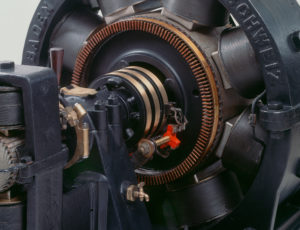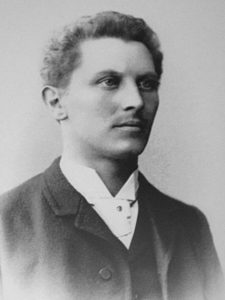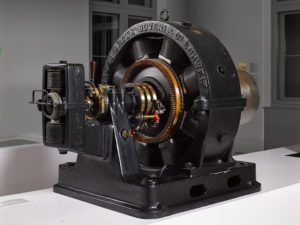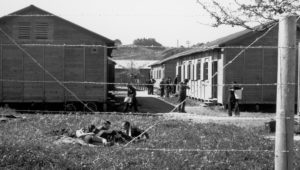
Pioneers of electricity
Switzerland has always been a haven for innovation and entrepreneurship. Much of its economic success is owed to the initiative of immigrants like Charles Brown and Walter Boveri of Brown, Boveri & Co.
In 1891, Charles Brown of Great Britain and Walter Boveri of Germany started an electrical engineering business in the canton of Aargau. During its first year, Brown, Boveri&Co. had 70 employees. Only ten years later, that number had grown to over 1500. This steep increase was partly due to the success of the alternating current generator which the company began to produce in 1895. Europe was just discovering the benefits of electricity and demand was growing by the day.
Switzerland had been an immigration country for generations and offered its new residents opportunities to realise their entrepreneurial dreams. In addition to Brown and Boveri, these immigrant entrepreneurs included the Austrian Carl Franz Bally, the founder of the shoe factory that bears his name, as well as the German pharmacist Henri Nestlé. Other famous brands like Role, Maggi, and Hero also owe their existence to the initiative of immigrants. The Jacobs, Hayeks, and Huxleys of this world continue to drive the Swiss economy to this day–just like a powerful generator.

Walter Boveri around 1900. Photo: Wikimedia

AC Generator, 1895, made by Brown, Boveri & Co. in Baden. Photo: Swiss National Museum
The first trolleybus in Winterthur drove to Wülflingen in December 1938. Brown, Boveri & Co. built the electric engine.



